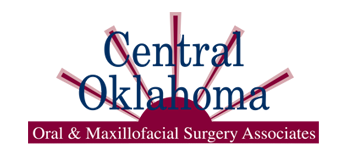Bruxism can have serious consequences for your oral health, so it’s important to get effective treatment for the condition if you develop it.
Symptoms of bruxism include noticeable wear and tear on the teeth, such as a change in shape or pitting on the tooth’s surface. Bruxism also is often accompanied by headaches and facial pain. If you notice any of these issues, you should schedule a consultation with an oral surgeon to determine what is causing the condition in your case as well as learn about your treatment options. These specialists have extensive knowledge of the jaw’s structure, making them well-positioned to pinpoint the specific cause of your bruxism.
Bruxism can also be a symptom of a temporomandibular joint (TMJ) disorder in which misaligned jaws make it more likely that the teeth will meet unnaturally and rub against each other. In these cases, jaw surgery may be recommended to realign the jaws and eliminate the conditions that contribute to the bruxism.
If jaw surgery is recommended in your case, it is likely to be an outpatient procedure. Depending on the nature of the surgery, you may be able to resume most normal activities within a few days. Your surgeon will give you more information about what to expect from the recovery process.
Many patients with bruxism can get relief from their symptoms by wearing a custom-designed mouthguard while asleep. This can be an initial alternative to surgery, especially for patients whose bruxism does not appear to be caused by a structural abnormality in the jaw.
Bruxism has potential consequences for your oral health, but the condition often responds to treatment. If you suspect you have this condition, call our office today to schedule an evaluation.
